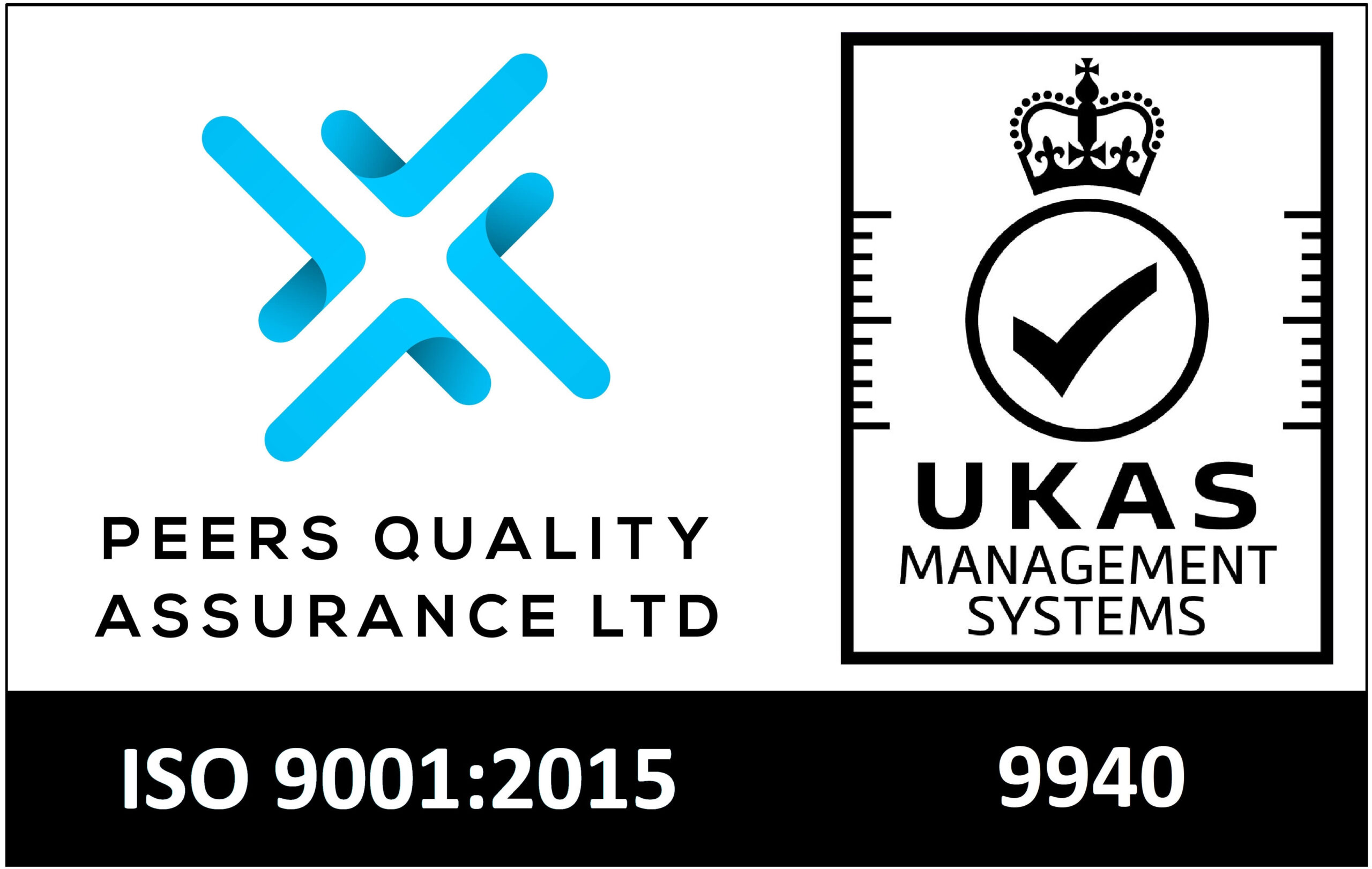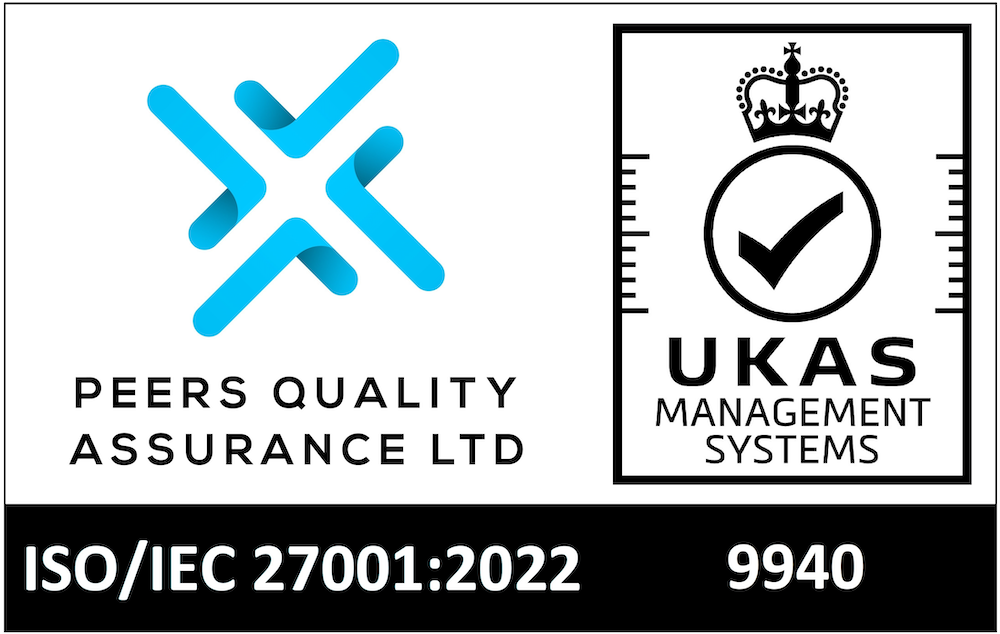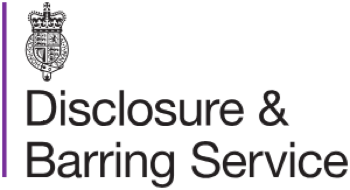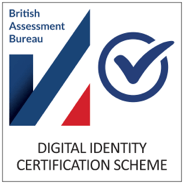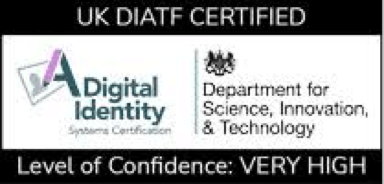Author: Joey Lyons
Disclosure and Barring Service (DBS) checks can be a very useful tool in the recruitment process and for some industries, they are a regulated requirement so understanding the benefits (and of course the rules) is important for any HR manager.
In this post, we’re looking at what DBS checks are, when they should be used and what the benefits are for the company.
In this post
- What is a DBS check?
- What does a DBS check show you?
- Why should a company use DBS checks?
- What roles need a DBS check?
- What industries need a DBS check?
- How should you manage your DBS checks?
What is a DBS check?
A Disclosure and Barring Service check is an examination of a person’s criminal record.
The DBS service covers criminal records in England and Wales. A corresponding service operates in Scotland with the Disclosure Scotland checks.
There are four different types of DBS check; a basic check, a standard check, an enhanced and an enhanced with list.
The aim is to let employers an an HR department to have the information they need to make an informed recruitment decision.
What does a DBS check show you?
The information shown on the checks varies depending upon the level of DBS check chosen.
For the basic check, only unspent criminal convictions are shown. This is the lowest level of check and is the one that most HR managers will come across.
In a standard check, both spent and unspent convictions are shown subject to the filtering rules in place at the time.
‘Filtering’ means that certain convictions will be excepted from the process if they have occurred more than a certain time in the past. You can find out more about filtering rules here.
An enhanced dbs check is much more thorough and includes details of adult police cautions and includes not only central database information but also information that local forces may have.
An enhanced check with list will show all of the above but also includes a search of the DBS children’s barred lists showing people who are barred from working with children or vulnerable adults.
Why should a company use DBS checks?
There are two reasons why a company may want to use a DBS check.
The first is that it may be mandated by a regulator.
For example, teachers are required to have an Enhanced check with list performed before they take up their position with a school and security guards will need a basic or standard check depending upon the role they are taking up.
Similarly, background checks are required by the FCA for financial services workers under the new Senior Managers Regime.
The second reason is where a person may be carrying out sensitive work or be placed in a position of trust.
A good example of this would be an accountant who is in charge of the company bank account or a new company director who may be able to sign contracts on behalf of the business.
In this case, companies use DBS checks as a method of reducing the risk of hiring people into roles where they may not be suitable.
What roles need a DBS check?
Each type of DBS check has its own place in the recruitment process and it is important that employers don’t check more than they need to.
A blanket policy of subjecting every hire to a DBS check regardless of risk could be seen as being unnecessarily intrusive for example and would certainly be costing the business more money than it needs to spend.
However, where there is risk, then it is always wise to carry out a DBS check before hiring.
Roles that have greater risk need a greater level of checking.
IT professional roles that have access to financial systems and customer data should be checked as should jobs within the finance team where the potential for fraud is highest.
You may choose to not check people who work as customer advisors in a call centre but carry out a basic check on managers who handle cash in a shop.
Naturally, you’d expect to check any position where people would be working with children or vulnerable adults to the enhanced with list level.
The overall message from the government is that this is very much down to the employer to assess the risk and then act accordingly.
We understand that this can be a difficult decision process for companies, especially if they are coming to DBS checks for the first time so we’re happy to help talk you through the issues involved and find a cost-effective solution that is applicable to your individual situation.
What industries need a DBS check?
For most companies, the need for a DBS check should be on a case-by-case basis and based on the level of risk. So you could find that you really only need to check two or three people in your entire company.
But there are some sectors where background checking of one sort or another is almost guaranteed.
Education roles should always be the subject of a DBS check and any ancillary positions where the person may not be directly teaching but would have access to students such as catering and janitorial positions. Roles that are engaged with regulated activity require enhanced DBS checks.
Similarly medical, social work and care sectors almost need to find a reason not to carry out a DBS check.
You’d also expect that lawyers, accountants and burglar alarm installers would have a current DBS clearance.
Naturally, members of the police service and PCSOs have to undergo thorough background checking but also security guards, door supervisors and CCTV operators will need to be checked.
For most employers the question has to be what is the risk and what harm could that person do?
If the answer is that they could do significant harm then it is fair to require a DBS check.
How should you manage your DBS checks?
The first point to make here is that you need to be very careful when you decide to do DBS checks.
It is important to use a professional company to handle the checking process that can ensure you remain compliant with GDPR and data protection legislation.
The risk of a data breach of what could be very sensitive information doesn’t bear thinking about!
You’ll need to have a secure method of gathering the data, applying for the check and then storing the results.
As a first step, you need to assess the risks for each role on an individual basis and then choose a check level. Then you’ll need to apply for the check.
Once you have the result then you’ll need to store this securely.
It’s also important to think about how and when you will refresh these. Remember that a DBS check is only current for the day it is done and so it clearly won’t show convictions after a certain date. You can find out more about the refresh process here.
If you feel there is a risk to having old DBS checks covering your employees then you need to set a timeframe for these to be updated. Most employers will go for a refresh between 6-24 months from the date of the first check.
Checkback are here to help
If you are new to DBS checks or if you want an efficient method of carrying these out then Checkback is here to help.
We are experts in background checking and we can advise on the type of checks you should do for the roles you are recruiting.
Our proprietary system has been designed to ensure that you are compliant all the way through the process and stops you from making what could be a costly mistake.
We’ll help you understand all of the issues you could come across and give you a simple, user-friendly method of checking the background of your employees.

